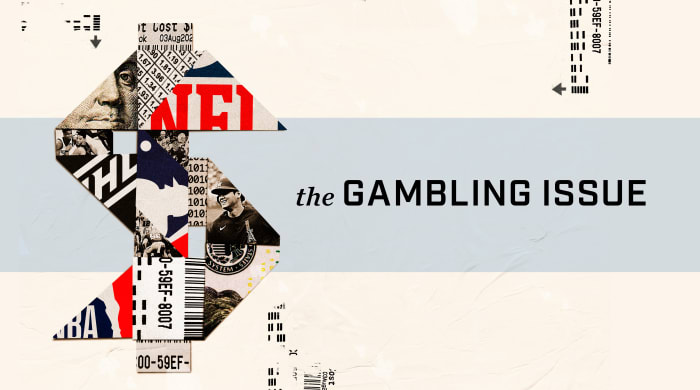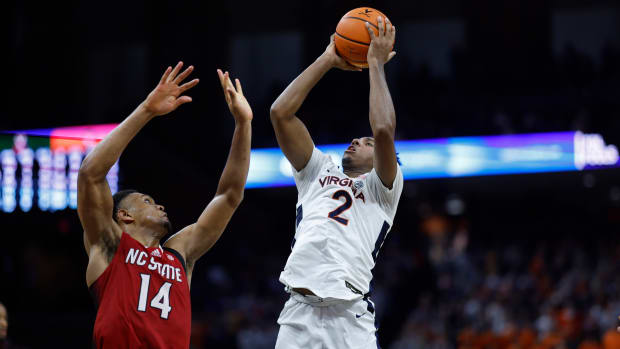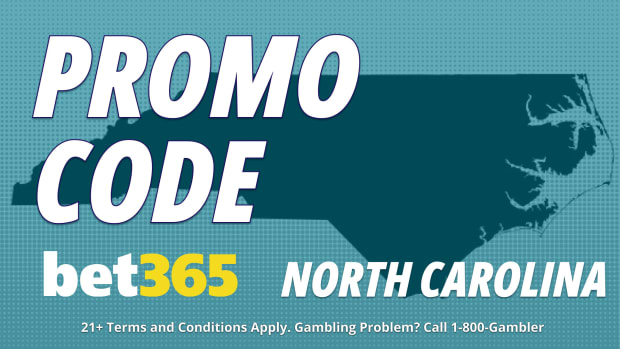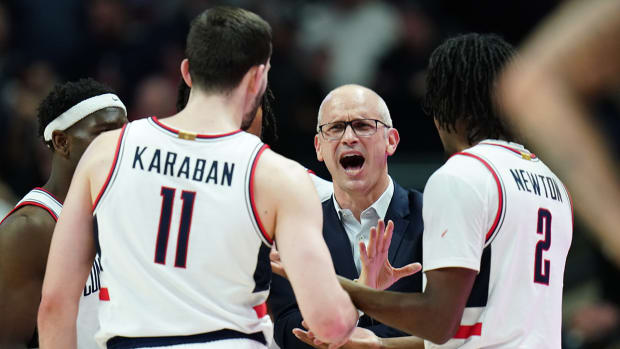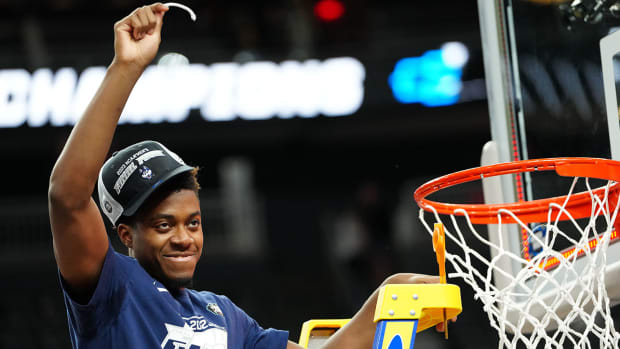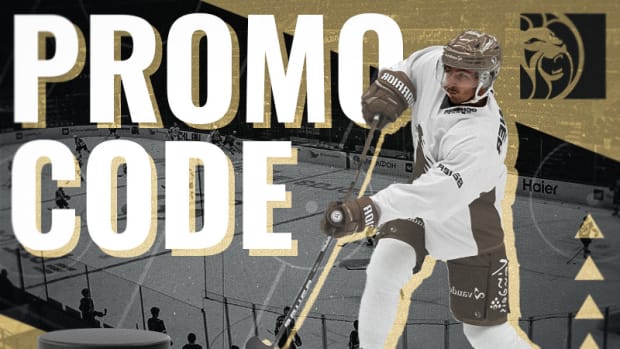How The League Went on Defense
What’s changed in the three years since the Supreme Court granted all 50 states the right to legalize sports betting? Everything. By the end of 2021, online or in-person wagering will be sanctioned in more than half the country. Revenue is skyrocketing. Leagues are evangelizing. And booming business means big changes for anyone who operates, plays, covers—or bets on—the games we love. Welcome to the Gambling Issue.
In 2007 the NBA was rocked by the most significant sports bet-ting scandal in modern history when Tim Donaghy, a referee with 13 years of experience, was arrested on charges that he provided insider information to professional gamblers. Donaghy’s arrest—he would later plead guilty to two felony counts related to gambling and serve 15 months in federal prison—threatened the league’s credibility. It also fueled the NBA’s top decision-makers to do whatever it takes to prevent another scandal from happening again.
The NBA’s Sports Betting Integrity Unit predates Donaghy’s malfeasance, but the league committed more staff and resources to it afterward. The NBA upped its efforts again following Murphy v. National Collegiate Athletic Association, the 2018 Supreme Court decision that opened the door for state-sponsored sports betting. Dan Spillane, the NBA’s senior vice president in charge of league governance in policy, runs the unit, supported by Elizabeth Maringer, a former federal prosecutor; Scott Kaufman-Ross, the head of gaming and new business ventures; and a team of lawyers and data scientists.
The monitoring is two-tiered. Internally, analysts pore over data provided by the more than 30 authorized sports betting operators that have partnered with the NBA, looking for anomalies, from line movement to unusual spikes in particular bets placed. Legalized, regu-lated sports gambling has given the NBA more tools to search out potential problems. “When that data is available in a transparent market,” says Kaufman-Ross, “it allows us to build better models and have access and insights into what’s happening, which puts us in a better position to do all the things we need to do.”
Read More From the Gambling Issue
Teams officials are also expected to play a role. Before each season, the NBA distributes an electronic survey outlining different scenarios. An example: If you know your star player won’t be in the lineup, is it O.K. to reveal that infor-mation if someone asks you in a coffee shop? (It’s not.) Memos outlining the NBA’s gaming policies are distributed regularly to teams. The most recent one singles out betting (team rep-resentatives are prohibited from wagering on any NBA, WNBA, G League, NBA 2K League or Basketball Africa League game), tipping (specifically, nonpublic, proprietary or other sensitive NBA or team information, such as a player’s injury status or his likelihood of play-ing in a game) and out-and-out cheating (as in game fixing and point shaving). The memo also places a ban on participation in fantasy games that award “any prize of value.” An anonymous tip line is available for teams to report potential violations; failing to report them can result in punishment from the league.
While another Donaghy-level incident is the NBA’s nightmare, team officials see a ripple effect to the increased availability of sports gambling. Last season there was an increase in incidents involving fans getting onto the court. Several team officials tell Sports Illustrated they fear that intoxicated fans, after losing a bet because a player missed a shot or a coach made a substitution, will express their anger with violence. Says one general manager, “This feels like a when not if situation.”
Last March, Capital One Arena, home of the Wizards, became the first U.S. arena with on-site sports betting when the 20,000-square-foot William Hill Sportsbook opened its doors. In conversations with team officials, NBA commissioner Adam Silver recalled walking the arena concourse recently with Washington owner Ted Leonsis. A fan approached and asked whether point guard Russell Westbrook would be active that night. Both wondered: Was the fan asking because he cared about the team? Or because he wanted to place a bet?
The sports gambling floodgates are open, and there’s nothing any sports league can do—not that the NBA would be inclined to do much. Particularly since Silver ascended to commissioner, the league has had a cozy relationship with gambling. In 2014, his first year as the NBA’s top executive, Silver, in an op-ed for The New York Times, wrote, “Sports betting should be brought out of the underground and into the sunlight.” Team officials will tell you early reporting of injured players is less about informing opponents and more about letting Las Vegas know who is and isn’t playing, while the league’s rules limiting load management are designed to ensure stars are on the court for national TV games—in part because those matchups routinely draw the most betting action.
The NBA can capitalize on legalized gambling, opening a lucrative revenue stream for the league and players which, in the aftermath of two profit-draining, pandemic-shortened seasons, is more needed than ever. With gambling’s increased availability, so, too, is policing it.
• Do Today's Fans Blame Athletes More For Betting Misfires?
• A Pizza Joint in Jersey: The Place To Place Your Bets
• The Beats Go On
































